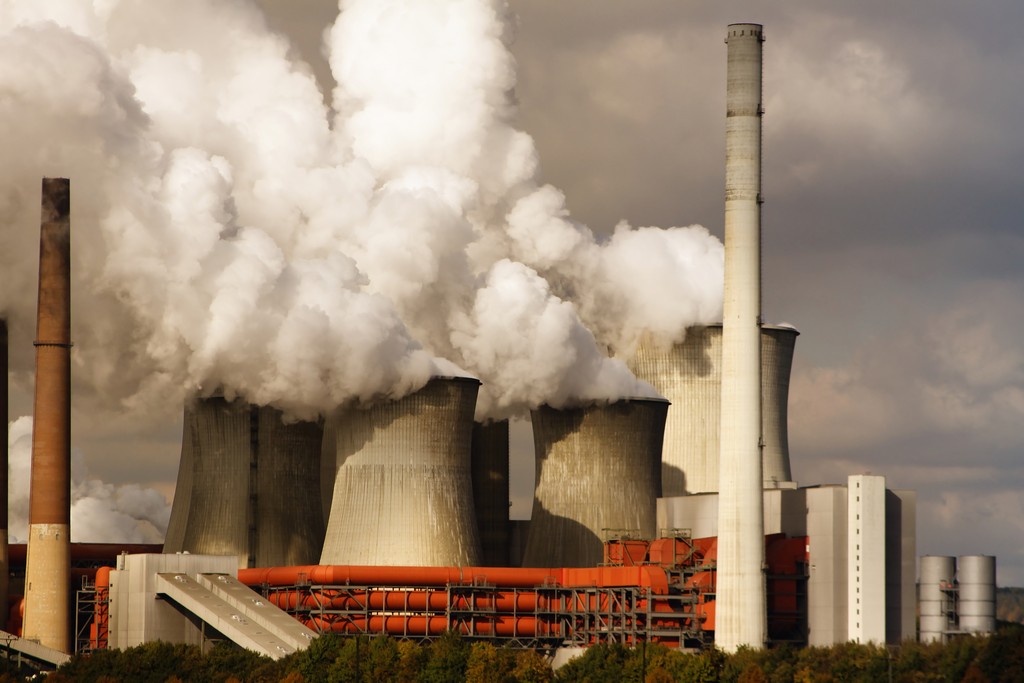Quezon Province to place Team Energy coal plant on auction
- August 9, 2016
- 0

The provincial government of Quezon is looking into placing the 735-megawatt (MW) coal-fired thermal power plant in Pagbilao Town, Lucena City on auction in order to collect the P690 million real property tax that’s due the local government.
“We’re seriously thinking of putting all taxable properties into public auction. We’re now studying all legal issues,” Board Member Ferdinand Talabong said last week.
Talabong said that they would seek the Supreme Court’s opinion on Executive Orders (EO) No
. 27 and 173 and its constitutionality related to the tax issues on the plant. The two EOs were issued by former president Benigno Aquino III.
“In order to clarify whether or not the tax condonation made by former President Aquino is correct, just and lawful, it is for the best interest of the people of our province to bring the issue to the Supreme Court,” he said.
Team Energy (TE) is the operator of the Pagbilao plant. The company said that the settlement of the real property tax is a matter between the national government t and the local and municipal government as well.
“It is clearly stated in our Energy Conversion Agreement (ECA) with the … government in 1991 that said
taxes are to the account of the national government,” Froilan Gregory Romualdez III, TE head of external affairs, said in a statement.
Although not a direct party to the case, TE continues to work with the local official officials and national agencies in addressing the matter.
“We deeply value our relationship with the provincial and local government, and through constant dialogue and coordination, we remain optimistic that this matter shall be resolved to the satisfaction of all parties,” he said.
The provincial government plans to place the plant in auction may meet opposition from the national government because the plant’s share on the country’s power supply, Talabong said.
The 735 – MW plant can produce about 16.8 million kilowatt (kWh) of daily electricity, or over 6 billion kWh yearly. And it’s currently undergoing expansion to generate an additional 420 MW by next year.
“We appeal to President Duterte not to condone the plant’s back taxes. He should not repeat what former President Aquino did during his term,” Talabong appealed.
The provincial government have tried, yet failed to collect P6.1 billion in back taxes from the TE, even with an SC decision favoring the collection by the Quezon and Pagbilao governments.
Talabong has blamed the two Eos for the loss of about P5 billion, which is about 85% of the assessed real property taxes.
EO 27, signed in February 2011, prevented the provincial government from collecting the unpaid real property taxes. Aquino said that he couldn’t allow local government to collect back taxes from independent power producers (IPPs) as it would threaten the financial stability of the government as well the stability of energy prices.
Meanwhile, EO 173 reduced real property taxes to prevent an increase in power rates.